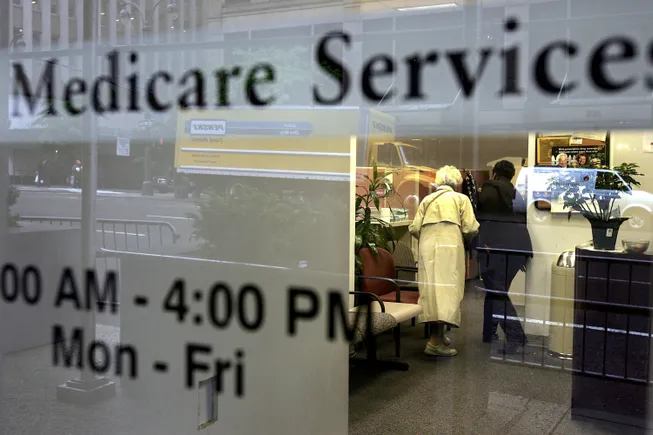Women are more likely to receive good care during pregnancy where AI and other clinical software tools are used, a large review of research has found.
In a paper published in eClinicalMedicine researchers have conducted a review of over 12,000 papers and 87 articles for different AI and related software tools, investigating the impact of their use in maternity settings. A meta-analysis of 35 included studies found the odds of improved outcomes was 1.69 times higher in women cared for using CDSS, with data from over 5.2 million pregnancies in both High-Income and Low-and-Middle-Income Countries.
In a bid to encourage safer maternity services, academics from the University of Birmingham, Birmingham Health Partners, Keele University, Warwick University and the Shrewsbury and Telford Hospitals NHS Trust evaluated almost 50 different types of CDSS across 49 High-Income and 38 Low-and-Middle-Income Countries.
The findings revealed that although there were variations in each situation and implementation of CDSS that they reviewed, most showed improvements in outcomes for the pregnancies.
Maternity services are under huge pressure in the UK and internationally, and that makes it challenging to offer safe services. We can see this in the huge rise in hospitals receiving support from the Maternity Safety Support Programme."
One solution is the use of AI and related software tools called 'Clinical Decision Support Systems' to help expecting families and healthcare workers to make safe decisions, so we looked at every evaluation of these kinds of software ever published in academic literature."
The government has made digital transformation of the NHS a top priority to improve quality of care and reduce costs, and Clinical Decision Support Systems will be a key technology in delivering these improvements.
However, there needs to be systematic, rigorous, and rapid evaluation of the tools being used in order to ensure they are doing what is expected while keeping up with the pace of change in technology."
Neil Cockburn, Lead Author and Research Fellow in Health Informatics, University of Birmingham
In a study led by the Bristol University that was reviewed, a software program trialled was designed to help women decide if they wanted a vaginal birth after previously having a c-section. This CDSS supported women in feeling more confident about their decisions by providing them with useful information about risks and benefits, while reducing the rate of c-section overall.
Another study supported by the Tommy's National Centre for Miscarriage Research trialled a risk-prediction model to accurately triage women as at low risk of having an ectopic pregnancy, which can be life-threatening in some cases. These examples highlighted the possibility for CDSS to support both clinical and individual decision-making concerning maternity care; an important step for supporting safe pregnancies in the future.
The team note that while substantial contributions can be made to maternity care with CDSS, it relies on appropriateness to each unique situation. As the first systematic review of CDSS, it is hoped that this will encourage evaluations of different CDSS to continue aiding clinicians, developers, and researchers in maternity care.
Source:
Journal reference:
Cockburn, N., et al. (2024). Clinical decision support systems for maternity care: a systematic review and meta-analysis. eClinicalMedicine. doi.org/10.1016/j.eclinm.2024.102822.

 9 hours ago
1
9 hours ago
1















.png)

.png)
.png)
.png)













 English (US) ·
English (US) ·  Hindi (IN) ·
Hindi (IN) ·